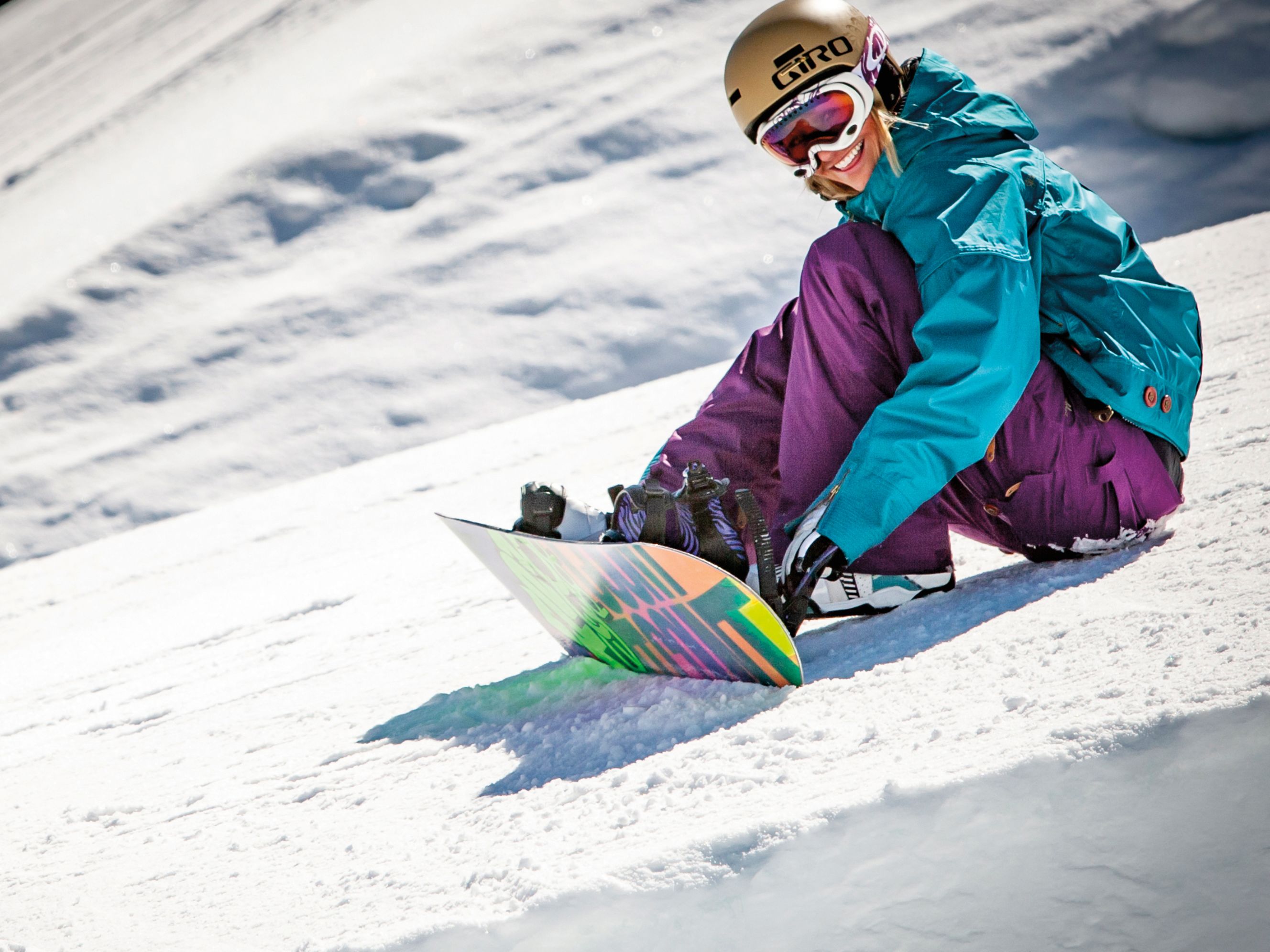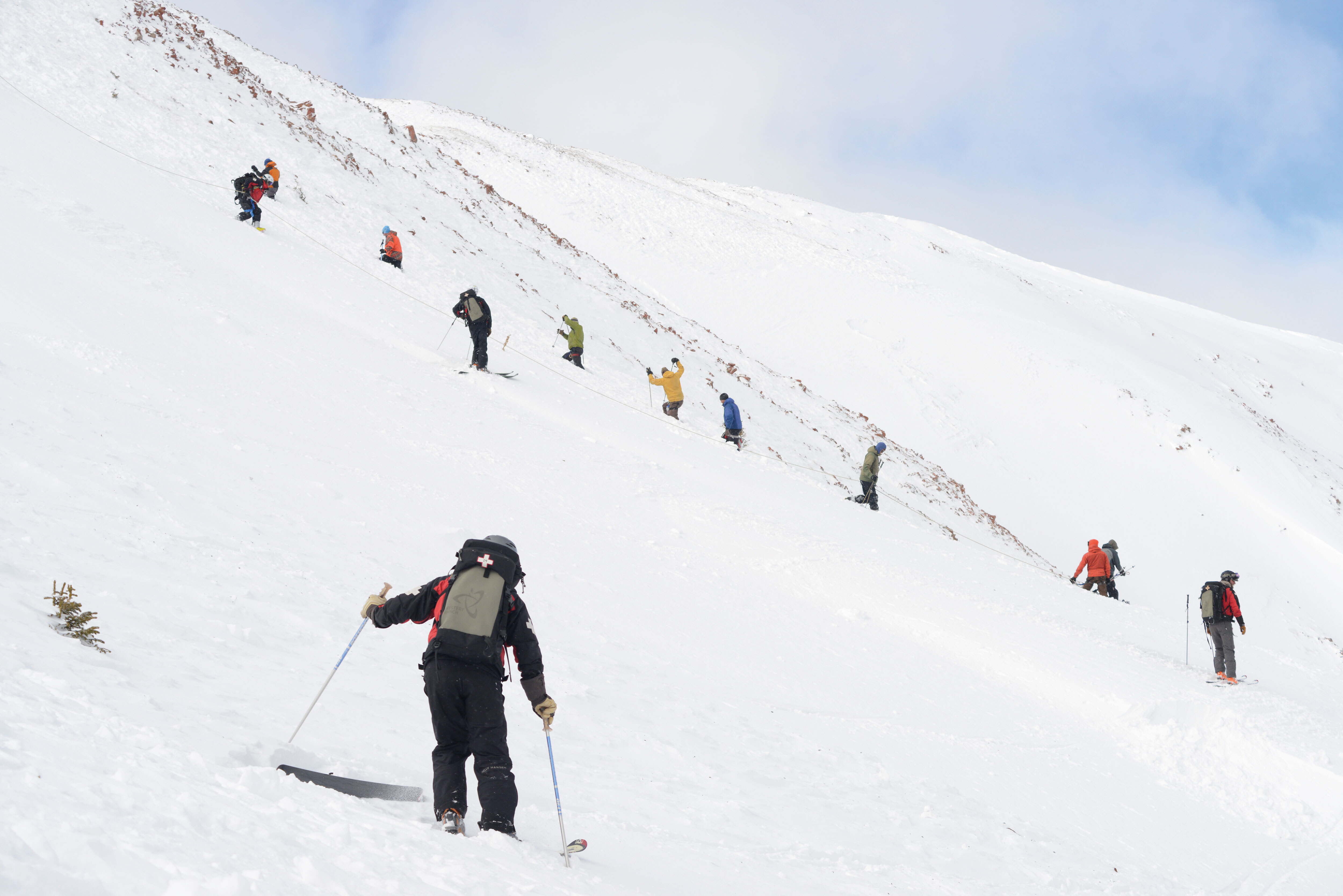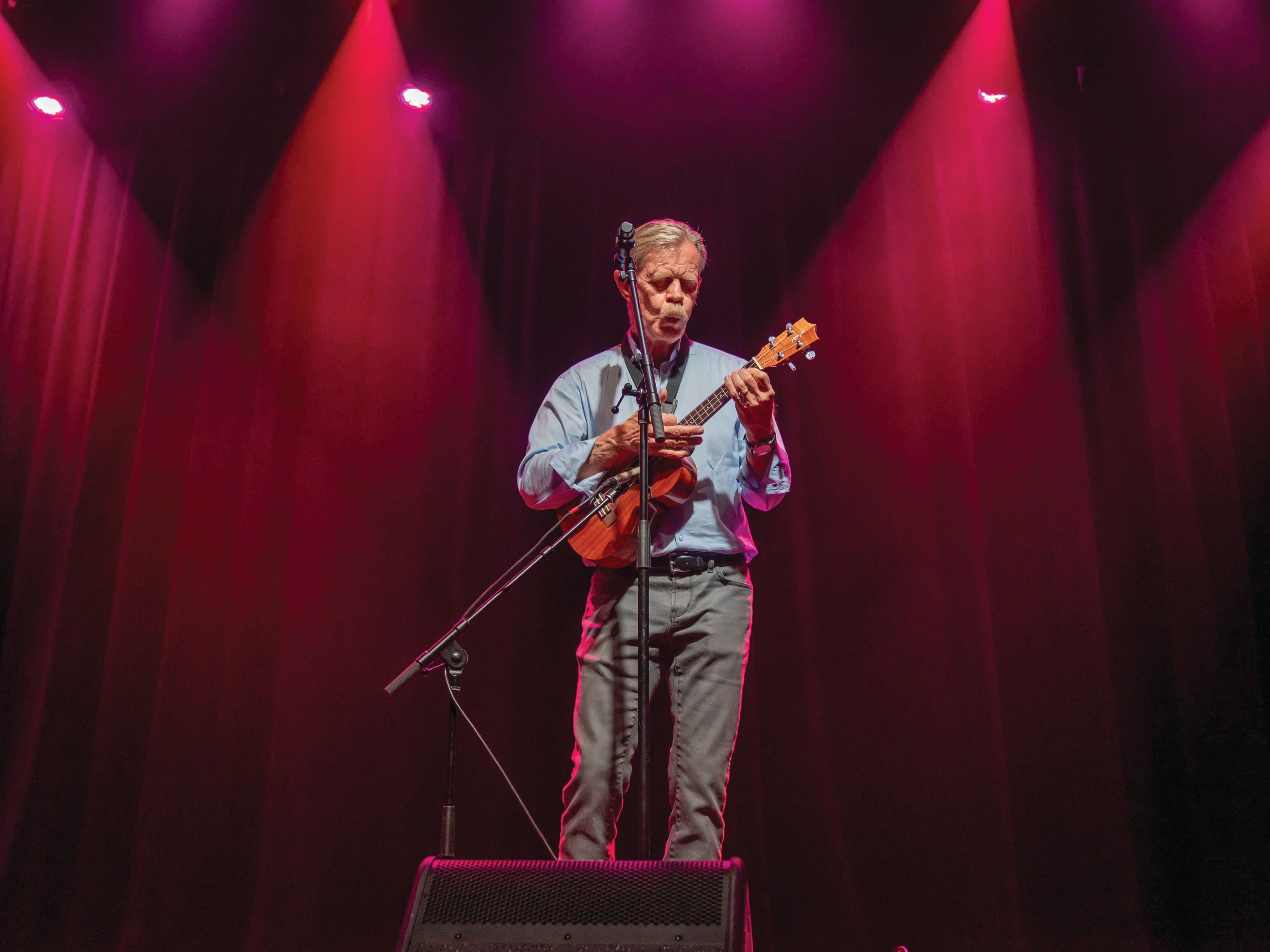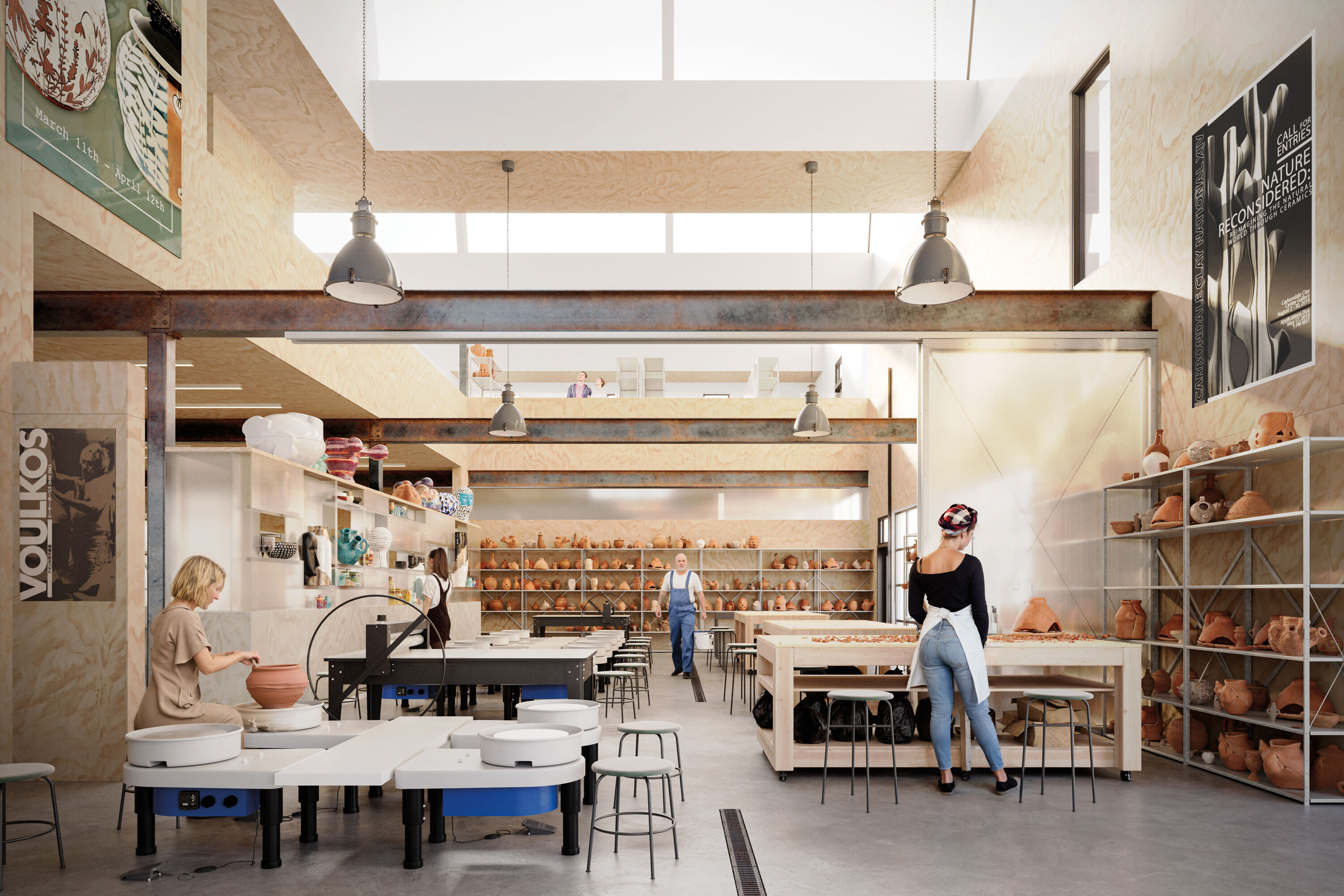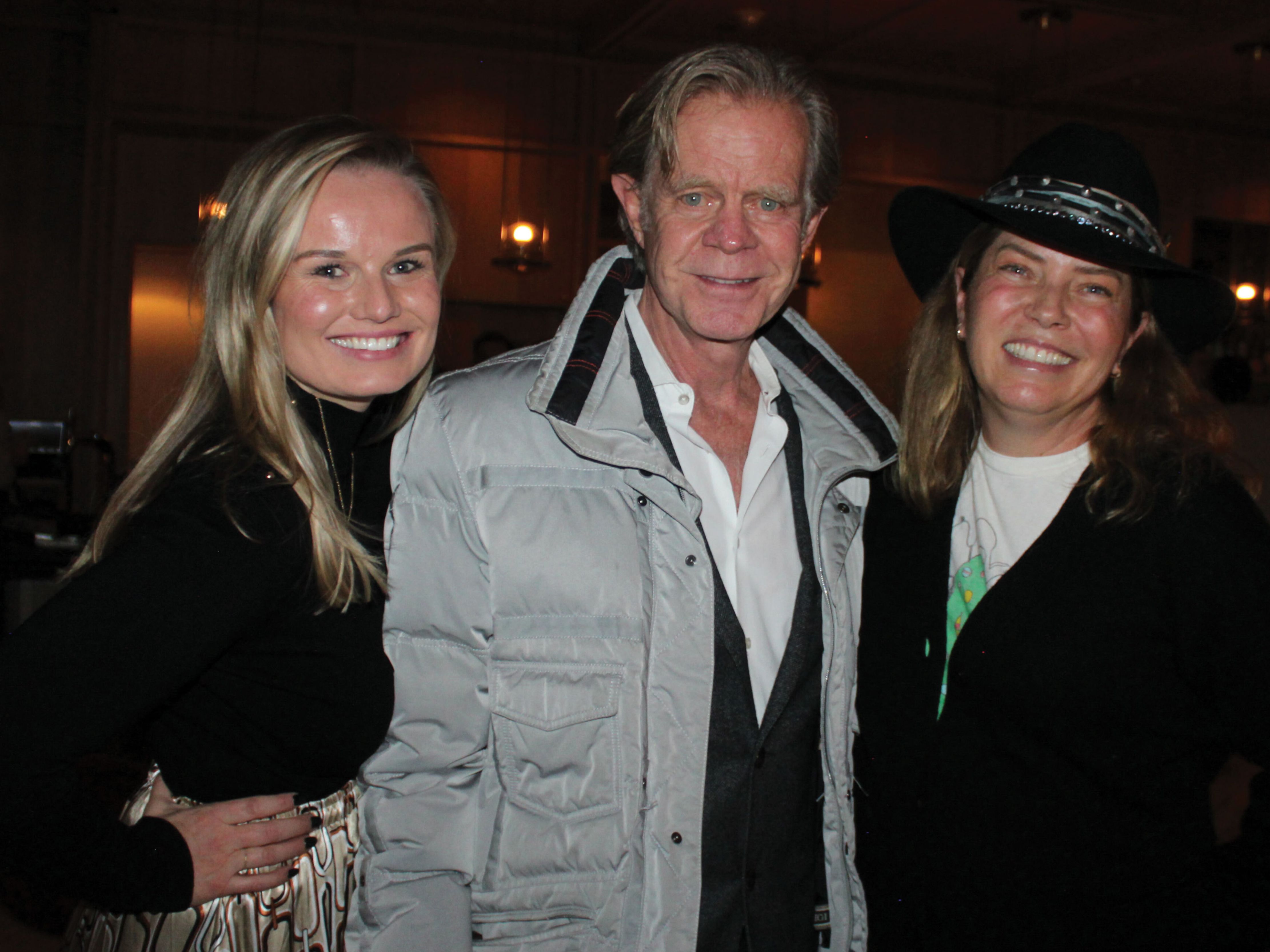Aspen’s Raizado Festival Returns for a Fourth Year

Image: courtesy Argelia Martinez
As a nationally known activist and attorney, Mónica Ramírez has long advocated for migrant farmworkers and, in 2014, she founded the nonprofit Justice for Migrant Women. When she read about multiplying deaths in California at the start of the COVID epidemic, it hit a raw nerve. A disproportionate number of those who died during the pandemic, she says, were Latine (a gender-neutral term that Ramírez prefers) farmworkers, who lived and worked in close quarters and often had limited access to healthcare. “It was heartbreaking and enraging,” recalls Ramírez, who lives in Ohio, where she grew up in a family of farmworkers.
Out of this angst, the seeds of Aspen’s Raizado Festival were sown. As a past participant in the Aspen Institute’s Socrates program, Ramírez knew the town’s significance among power brokers. She realized from the start: “The festival needed to be in a place like Aspen that’s highly regarded.”
Now in its fourth year, the annual gathering (August 21–24), which derives its name from a Spanish word meaning “deeply rooted,” convenes Latine leaders and allies from around the country for panels, performances, education, and networking. The goal, in part, is to underscore the contributions of Latines in the United States to build pride within the community and to counter a wider perception that Latines are, as Ramírez puts it, “a throwaway community.” Past guests have ranged from Pulitzer Prize–winning journalist Maria Hinojosa, who hosts the radio show Latino USA, and Texas congressman Joaquin Castro to Top Chef competitor Manny Barella and rock band Los Lobos.
“It’s kind of a Latine Ideas Fest,” says Aspenite Blanca O’Leary, a member of the festival’s advisory committee, referencing the Aspen Institute’s renowned Ideas Festival. “But it’s much smaller, on purpose, with an intimacy that makes it more collegial.” This year’s theme is herencia, or heritage. “We’ll be exploring what we’ve inherited and what we’re working to leave behind for the next generation,” Ramírez explains.
Adds O’Leary, “Mónica’s mission is to highlight Latinos in a much more balanced way, as givers, not takers. Unfortunately, the media and a lot of other people [believe] that these are people who are only taking from society.”
Indeed, change requires time to take hold, and Ramírez has committed Raizado to a 10-year run in Aspen.

Image: courtesy Argelia Martinez
Ramírez curates a list of attendees, capped at 250, with 40 of those spots set aside for Colorado leaders. Despite the activist focus, it’s tempting to think of Raizado as just another elite gathering of decision-makers, but Ramírez is also cognizant of local service workers, many of them Latine, who make Aspen run. That’s where the free Community Day comes in (see “Community Garden" sidebar). “The best way to get to people is through art, music, and food,” says O’Leary. Last year 1,200 people attended Community Day and the festival’s other public events, and organizers hope to attract at least 2,000 this year.
Additionally, Raizado is developing ongoing relationships with local arts and culture organizations. “We don’t want to do this festival just once a year and that’s it,” says Ramírez. “How do we make Aspen an accessible community for everyone and make people feel welcome and appreciated?” Raizado hosts a dinner at June’s Food and Wine Classic in Aspen and will partner with the Aspen Chamber Resort Association at this year’s Food and Wine luncheon for local business members. Other partners include the Aspen Music Festival and School and Aspen Film.
Within today’s volatile political climate, Ramírez says that Raizado “makes more sense than ever. We need to be coming together as a community to hear what people’s priorities and needs are now, and we need healing in this moment.” Another ongoing festival theme focuses on health and wellness, and, adds Ramírez, “a big part of what we do at the fest is healing work.” That includes an annual remembrance ceremony for those who died during COVID.
Ramírez notes that Latines come from a legacy of people who have endured in the face of many obstacles. But nobody’s taking anything for granted these days. “Hopefully Raizado will prove a safe space where people can open up,” she says. “These are exactly the conversations we need to be having.”






